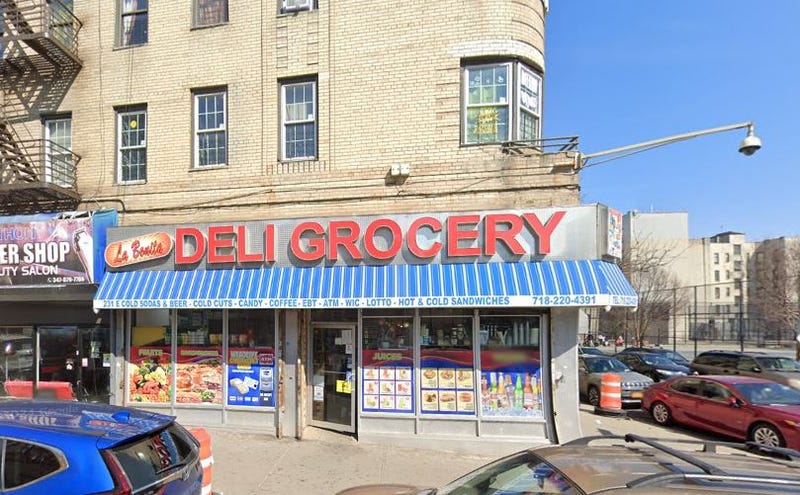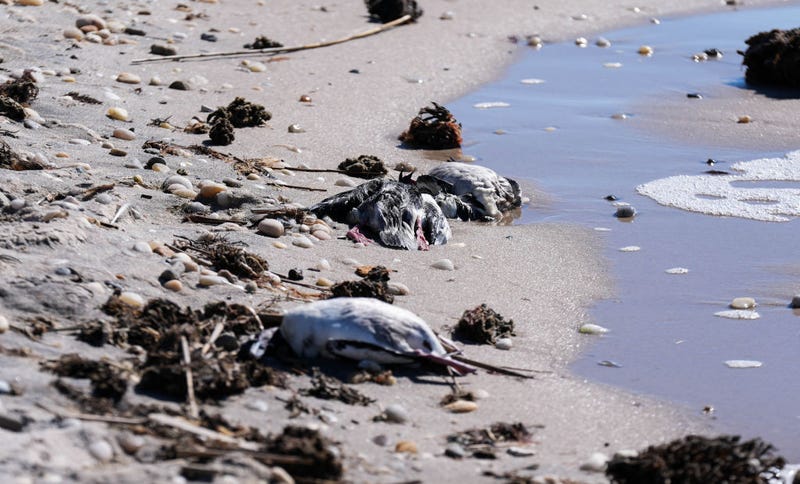
NEW YORK (1010 WINS) — New Yorkers may start getting their morning bacon, egg and cheese for less as bodegas across the city begin swapping traditional eggs for liquid eggs amid soaring prices caused by bird flu outbreaks.
Instead of raising prices on breakfast staples, United Bodegas of America spokesperson Fernando Mateo said that the organization representing 14,000 New York City bodegas is encouraging owners to adopt the change to “keep food affordable for the people who rely on bodegas every day.”
“If we save money, our customers save money. That’s the bodega way. We’re making a statement—bodegas will not allow inflation to make breakfast a luxury,” he said. “Switching to liquid eggs is the smart move, and we encourage all bodega owners to follow our lead.”


The change drops current costs down from about $12 a carton of traditional eggs to $8 or $9, the UBA said.
Kitchens on cruise liners and cafeterias use liquid eggs, which Mateo said have the same nutritional value as a standard egg and taste just as good.
“God’s honest truth, there is no difference,” he told 1010 WINS at La Bonita Grocery on 183rd Street in Fordham.
Egg prices have skyrocketed as bird flu continues to lead to the mass slaughter of flocks across the United States, and according to data from the Animal and Plant Health Inspection Service, 150 more birds tested positive for H5N1, or highly pathogenic avian influenza (HPAI) at a live bird market in Queens over the weekend.
The poultry market cases come less than one month after Gov. Kathy Hochul shuttered live bird markets in the five boroughs, Westchester and on Long Island. The order came after seven cases of H5N1 were discovered at Bronx, Queens and Brooklyn markets, with the order keeping all facilities in the area down for about one week.
Bird flu has killed birds across multiple species at the Queens and Bronx zoos and left birds in NYC parks dead, but public officials have maintained that the risk to humans remains low.
“While birds in New York City have tested positive for the H5N1 virus, I want to assure New Yorkers that the risk to humans at this time remains low,” Adams said on Feb. 12. “We are taking all the proper precautions to contain this virus and limit its spread.”

The Centers for Disease Control and Prevention reported 70 cases of bird flu in humans across the country, with nearly all infections in people with direct exposure to infected animals.
The New York State Department of Environmental Conservation and Long Island officials are warning residents to stay away—and keep their animals away—from dead birds after recent discoveries on beaches across Suffolk County. County Executive Ed Romaine told 1010 WINS that if people come across deceased birds to call the health or police department.
“There’s a low risk of transmission to humans, but nevertheless, we are very concerned about this flu,” he said.
